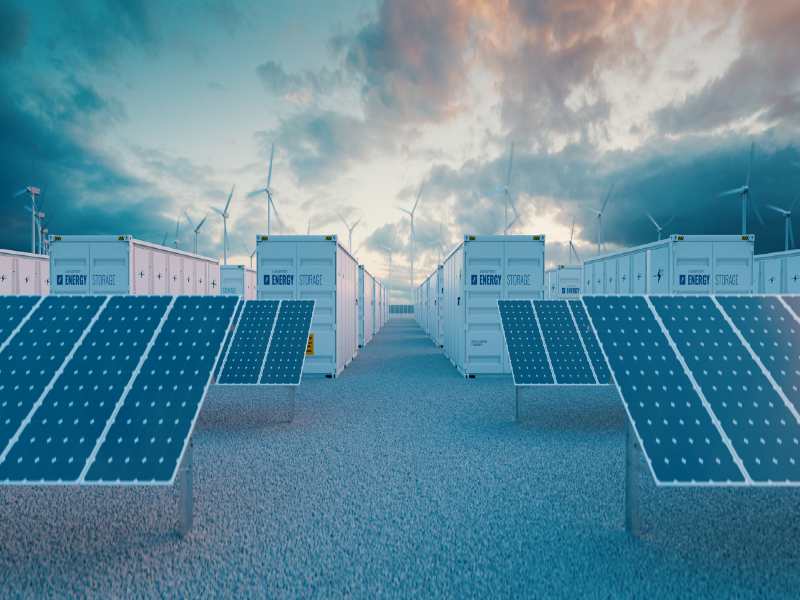 Image credit: 123rf.com
Image credit: 123rf.com
Renewable energy company Statkraft has participated in its largest dispatch to date of power from battery storage into Ireland’s electricity market.
During the early evening of 14th July when energy margins were tightest, Irish system operator EirGrid called on Statkraft to leverage its portfolio of energy storage projects under management, to provide over 60MWh of energy across two hours, which is equivalent to powering over 60 households during the evening peak period.
This was then followed by an unplanned dispatch of power from a smaller number of storage units during the evening peak on 18th July, when the system experienced tight margins again in conditions that led to an amber alert during the warm weather.
Nick Heyward, Statkraft’s head of UK storage – markets, said in a statement: “It is a welcome development to see larger amounts of storage being dispatched to support Ireland’s electricity market at critical times. I am delighted that Statkraft was able to support such a significant demonstration of battery storage, and we look forward to seeing more of our customers’ assets contribute during the upcoming winter.
“However, there is more to do before storage assets can participate more actively in wholesale markets, not just at times of system stress, to further support the low-carbon transition and to reduce overall costs for consumers. We look forward to working further with EirGrid and our customers in this area.”
EirGrid is looking to trial the use of energy storage to support the system by discharging the battery power at times of reduced margin and system stress.
Despite a growing installed base of low-carbon energy storage technologies, totalling around 650MW, energy storage in Ireland has not been actively used to help towards security of supply issues, according to Statkraft. Storage has been held in reserve for supporting system stability instead.
Ireland is currently facing a potential shortage of generation due to the increasing unreliability of some existing older high-carbon plants, non-delivery of previously contracted capacity, and high electricity demand, including from a number of datacentres sited in Ireland, which are high users of power.
The concerns around tight capacity margins have prompted the Commission for Regulation of Utilities (CRU) to initiate a programme of work to ensure security of supply is maintained.
This includes the procurement of 450MW of temporary emergency generation for the winter 2023/24 period, which is likely to be provided by fossil-gas fired generation, to be used at times of emergency.
